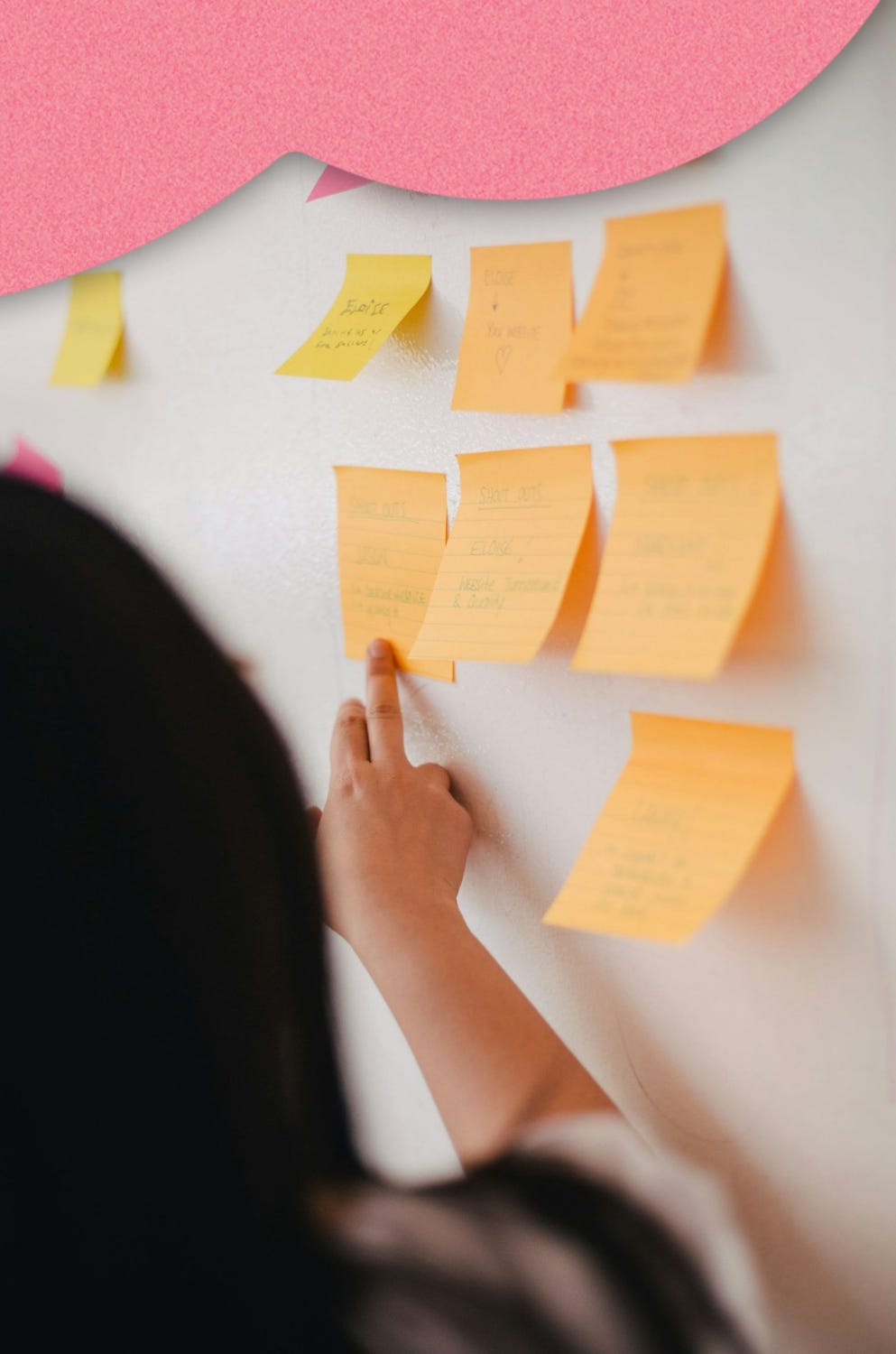How I Edit
It is magic, but also not.
In my last Editor’s Therapy session, a writer asked me what I edit for first. I replied that I care about pace first and foremost. Readers always need to be on the edge of their seats. The writer was surprised. “Pace first. Even before character? Plot?”
Yes! Yes! Yes!
Now, this is just how I edit. Every editor is different. But I am a commercial editor. I have experience working for two of the biggest publishers in the world. Most manuscripts that come to me for editing are fine. But there’s a Grand Canyon sized difference between fine and something that can sell. And that mostly comes down to pace.
But just because I’m looking mainly at how fast a manuscript moves doesn’t mean I am ignoring other issues. I still point out characters that feel flat or loose ends or plot threads that don’t work. I flag issues like repeated words, telling when you should be showing, head hopping…I could go on and on. I catch everything. But what I really care about above all of that is: are you keeping me on the edge of my seat? All of the problems that I mentioned (and they’re just the tip of the iceberg) are things that pull you out of the reading experience. They give us a shaky foundation. You can’t enjoy the ride if the characters feel like cardboard or if it isn’t clear how we got from point A to point Z. And they all fall under my umbrella of pace.
I have a BA in English, a Master’s in Publishing and I apprenticed under Sara Ann Freed, an absolutely legendary editor. That’s my “official” path to becoming an editor. But I would argue the reason that I am such a good editor is because I was a true reader first.
I read three to five books “for fun” (because I would never call editing work) every week. I grew up on a steady diet of every book I could find. I always had 1-2 books with me, wherever I went, just in case I finished one before I could get back to my stash. And all of that reading changed my brain. I am glad I was able to get a more “formal” editor education, but I wouldn’t be the editor I am today without all of the reading.
I can’t answer exactly “how” I edit. I just know. I just know if a book works or doesn’t work. I know exactly when and where it falls apart or falls flat and I know how to fix it. And this superpower works in real life too, where I can always figure out the plot points and drama of friends and strangers long before they ever figure it out for themselves.
My brain when editing…
I hope you enjoyed this peek into my editing brain. Any questions, leave them in the comments!





Yes! Actually everything is subjective, another reason why editing and writing are so hard.
This was very helpful. I love what you said about reading a lot and how it made you a better editor. Thanks for sharing.